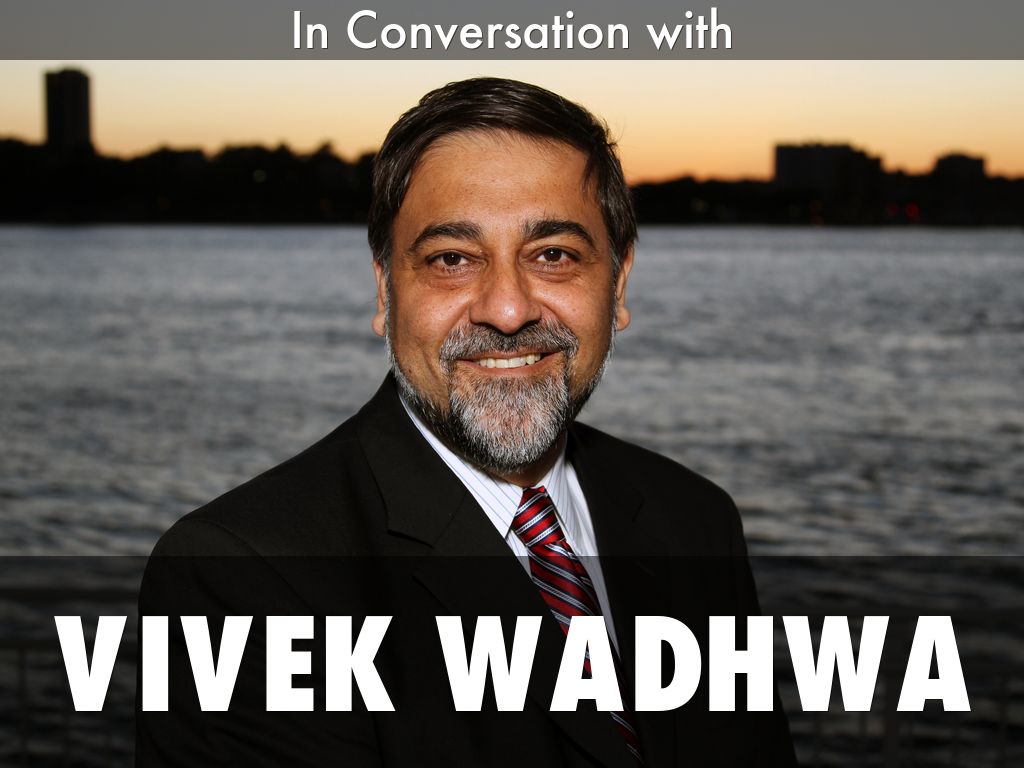THEME #4: What’s an Incumbent to Do?
Steve Case speaks from experience: “The mistake is not that companies don’t have a sense of where the world is going,” he says, “it’s that they don’t put enough resources against that initiative and the best people against that initiative.”
He cites the Powell Doctrine of attacking with overwhelming force, from Gen. Colin Powell, who was on the board of the old (and faltering) AOL Time Warner and just joined the board of Salesforce.com.
“If you attack, attack and play to win,” Case advises. “Big companies dabble all too often. It has to be a focused, energetic, resource-intensive battle that’s worth fighting, and you fight that battle to prevail, not just have some people doing something around the fringes.”
Benioff seconds that sentiment: “That’s why very, very few companies in the history of our industry have ever been able to do that successfully.”
Google and Facebook are striking in their willingness to go full-force. “When they identify a problem or opportunity, they attack it with vigor,” Case says. Wadhwa concurs, in part: “The one company that keeps acting like its life is in danger is Google.” Led by Larry Page, Google invests in new-tech for driverless cars, robotics, drones, airborne wireless routers and more . . . never mind that 95% of its revenue comes from advertising.
And what of Salesforce.com? Vivek Wadhwa, asked whether the company’s stock is a “sell” given the threat of the Third Wave, says he would move Benioff from CEO to CTO—chief technology officer.
I respond: “But the thing is, when you’re a total control freak, you’re not really gonna do that. What do you say, Mark?”
“I think I’ve done alright as CEO,” Benioff says. “I think my results speak for themselves.”
Wadhwa: “But you’re the incumbent now, that’s what the problem is. You don’t have control over the rest of the company.”
Benioff: “No, I think that you underestimate the importance of being the CEO of a tech company.” Steve Case could speak to this point, too, he says. “You have to be the leader, you have to take responsibility for the operational and visionary aspects. You have to have the ability to do both. That’s what a technology CEO does.”
Marc is on a roll now: “And you can’t say somebody else is going to do vision. That’s why CEOs fail. CEOs fail if they execute what you just said: ‘Oh, I’m going to delegate innovation, I’m going to delegate that moonshot.’”
Yet he allows that most incumbents fail at all this. Steve Case sounds a warning: “Silicon Valley is awesome, it’s the pride of America and the envy of the world. I think it is awesome. (But) sixty years ago, Detroit was Silicon Valley,” he says. “It lost its entrepreneurial mojo.”
Vivek Wadhwa says we make the mistake of assuming the U.S. has a monopoly on innovation. “It doesn’t. The same advances that are happening here are happening everywhere. The same sensors that Mark talked about are now available everywhere. The entrepreneurship that Steve talked about is happening everywhere.”
I counter: “Then why are you saying that the next revolution will benefit the U.S. more than it benefits everywhere else?” Wadhwa rattles off a litany of upsides that should make investors roar:
“Because it’s bringing manufacturing back to us. We’re now becoming self-sufficient in energy. We’re now going to have solar energy driving us. We benefit because it’s emanating from here, and ultimately we become more independent and we rise faster. We’re able to innovate faster than any other country is.”
And the dismount: “Despite the fact that we’re dumb in immigration,” says Wadhwa, “the fact is that people still want to come here, because the networks are here, the money is here, the power is here, the ability to distribute, to make things happen, is here.”
“The magic happens in America, still.”
____________________________
See also: Surfing the Wave, Part 1: http://bit.ly/1mDat2p
Part 2: Incumbents vs. Upstarts: http://bit.ly/1mDa2Fm
Click here for video of the full panel on Internet destruction: http://bit.ly/1j2UdiR
